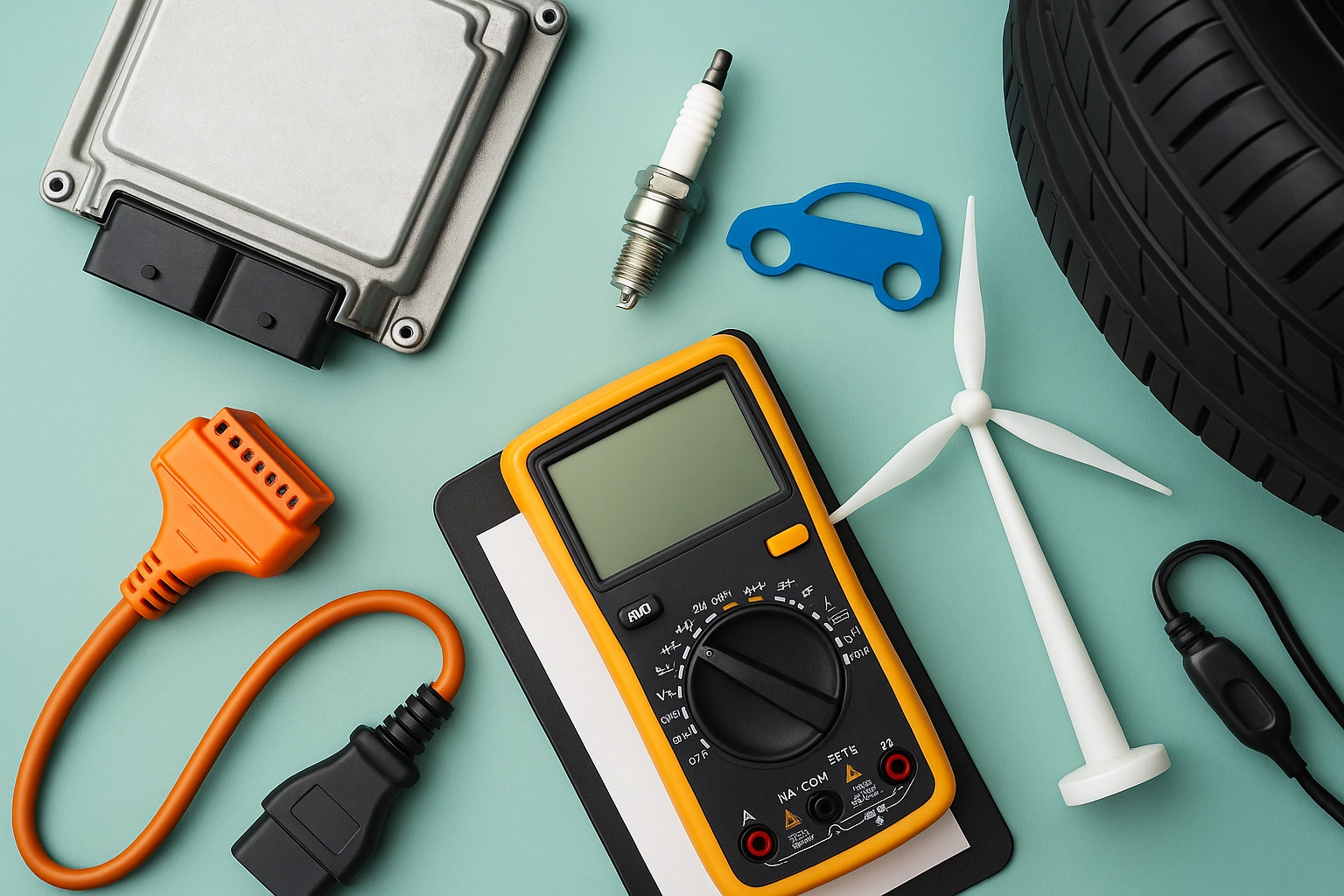UL 2580 Electric Vehicle Battery System Test
The UL 2580 electric vehicle (EV) battery system test is a critical component of ensuring the safety and reliability of EV batteries. This test evaluates battery systems for their ability to withstand various environmental stresses, mechanical impacts, and thermal conditions that can be encountered during normal operation or accidental situations. It is specifically designed to assess the structural integrity, electrical performance, and thermal management capabilities of electric vehicle batteries.
The UL 2580 standard provides a framework for testing battery systems in accordance with rigorous international standards such as ISO 6391-1 and ISO 6391-2. The test is particularly important given the rapid growth of electric vehicles, which rely on advanced lithium-ion batteries to store energy efficiently.
The UL 2580 test protocol involves several stages that simulate real-world conditions under which a battery might be subjected. These include:
- Thermal abuse testing: Exposure of the battery to high temperatures (up to 135°C) to assess its ability to maintain stability and prevent thermal runaway.
- Electrical abuse testing: Subjecting the battery to overcharge, overdischarge, and short circuit conditions to ensure it can handle abnormal electrical stresses without damage or failure.
- Mechanical abuse testing: Applying physical stressors such as vibration, drop tests, and compression to evaluate structural integrity.
Following these tests, the battery is subjected to a series of functional checks to ensure that it still performs within acceptable limits. This includes voltage measurement, internal resistance testing, and capacity retention assessment.
The UL 2580 test results are crucial for manufacturers as they provide detailed insights into the performance and safety margin of their batteries. Compliance with this standard ensures that EV battery systems meet high safety standards set by regulatory bodies like the National Highway Traffic Safety Administration (NHTSA) in the United States.
Applied Standards
| Standard Name | Description |
|---|---|
| UL 2580 | This standard establishes the requirements for the safety and performance of lithium-ion battery systems used in electric vehicles. It covers aspects such as mechanical integrity, electrical performance, thermal management, and chemical stability. |
| ISO 6391-1 | This international standard specifies the procedure for testing the resistance to overcharge of secondary (rechargeable) cells and batteries. It is used as a reference in UL 2580. |
| ISO 6391-2 | This standard details the procedure for testing the resistance to overdischarge of secondary (rechargeable) cells and batteries. It complements ISO 6391-1 in UL 2580. |
Industry Applications
The UL 2580 test is widely used across the automotive industry to ensure that EV battery systems meet stringent safety and performance criteria. Manufacturers leverage this testing process to:
- Evaluate the structural integrity of batteries under extreme conditions.
- Ensure that electrical components function correctly even after experiencing abuse scenarios.
- Identify potential weaknesses in battery design early in the development cycle.
- Achieve regulatory compliance and gain market entry for new EV models.
Use Cases and Application Examples
The UL 2580 test is applicable in various stages of the development, production, and quality assurance processes within the automotive industry. Here are some specific use cases:
- Prototype Development: Testing prototypes to identify design flaws before mass production.
- Manufacturing Process Validation: Ensuring that the manufacturing process consistently produces battery systems meeting UL 2580 standards.
- Supplier Evaluation: Assessing third-party suppliers of EV batteries for compliance with safety and performance requirements.





